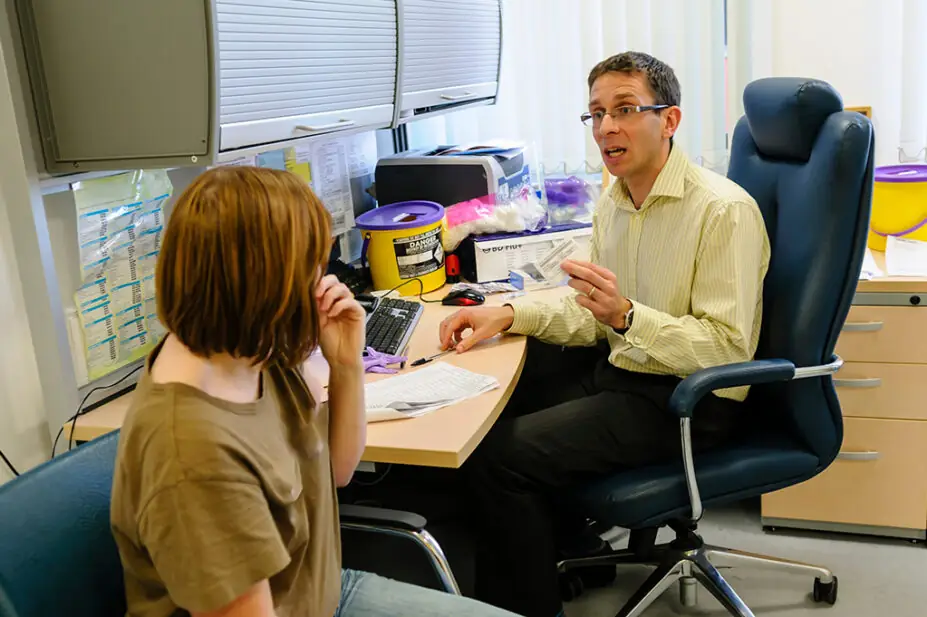
Shutterstock.com
Industrial action undertaken by GPs has created a “mixed picture” of challenges for community pharmacies across England, pharmacy leaders have told The Pharmaceutical Journal.
Around half of GP surgeries in England are taking ‘work-to-rule action’, with more than a quarter limiting the number they can see per day to 25 patients, according to a survey of 238 GP partners carried out by GP magazine Pulse.
The industrial action officially began on 1 August 2024, following a ballot by the British Medical Association, in which 98% of members voted for action “to protect general practice”.
Stephen Noble, chief officer of Community Pharmacy Dudley, told The Pharmaceutical Journal: “About 50% of our [GP] surgeries in the Black Country are considering some sort of [industrial] action.”
However, he added that he had not received reports of any problems from pharmacies with surgeries restricting their work.
Raj Matharu, chief executive of Community Pharmacy South East London, told The Pharmaceutical Journal that feedback from pharmacists on his patch on the industrial action presented “a very mixed picture”.
Matharu said that the impact of pharmacies was dependent on how closely GPs were following the BMA’s collective action recommendations, which “directly affects the experience and efficiency within community pharmacies, creating a complex landscape of challenges”.
He added that the action was among a number of factors that had “left community pharmacies in a precarious position”.
“As far as I know, there is no direct support being provided to community pharmacies to help manage the additional pressures resulting from the strikes,” he added.
“It seems, once again, that the responsibility will fall to local pharmaceutical committees to figure out how to support contractors through this period, despite the increasing demands and challenges we face.”
Hitesh Patel, chief officer of Community Pharmacy Kensington, Chelsea and Westminster, said he had yet to receive any reports of problems in pharmacies as a result of the action.
In a statement on the GP action, published on 13 August 2024, Alastair Buxton, director of NHS services at Community Pharmacy England, said: “Whilst it is still early days for this GP action, we remain concerned about the potential impact on pharmacy owners and their teams.
“If patients can’t access their GP practice many will turn to their local pharmacies, but any unplanned surge in people seeking their help will exacerbate a sector that is already working at full capacity.
“A significant concern is that even more patients will be informally signposted to pharmacies rather than being electronically referred to the Pharmacy First service, transferring workload to community pharmacies, which will be unfunded by the NHS.
“We have already shared our concerns with NHS England and GPC England [the representative body for GPs in England] and will monitor the effects of the GP action on pharmacies, including through our committee opinion poll.”
A spokesperson for NHS England said: “It is likely that collective action will be different across local areas and [integrated care boards] and the impact will vary from area to area, but it is vital patients continue to come forward for care in the usual ways — practices remain open and services are still running.
“We are monitoring impact to ensure practices fulfil their contractual requirements to ensure the needs of patients are being met.”


